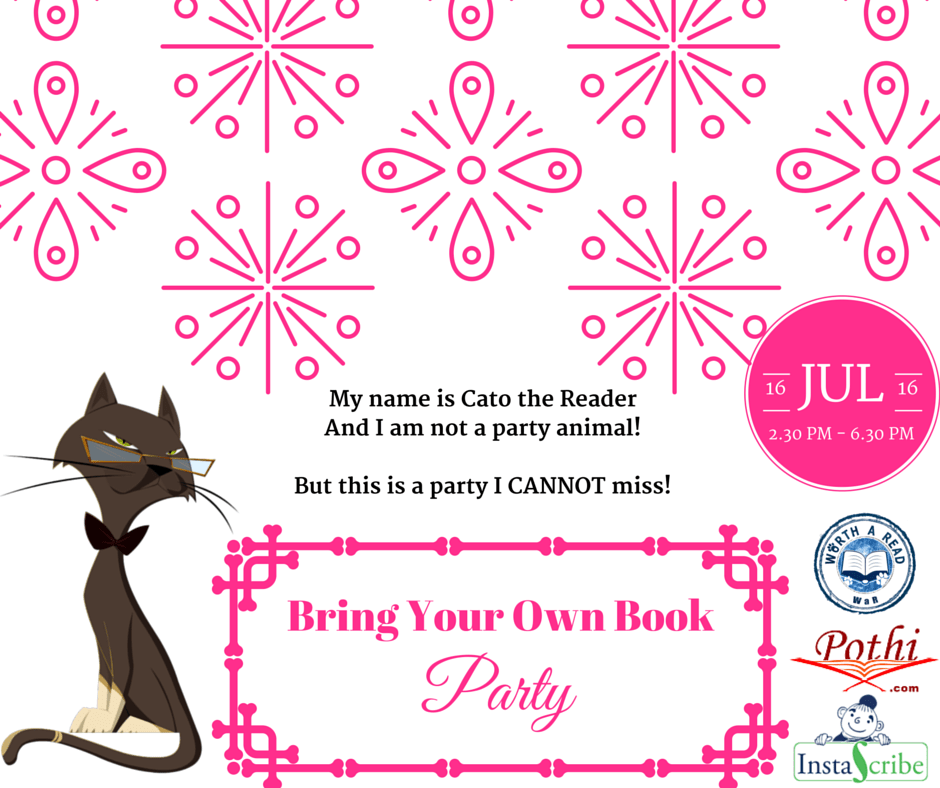Article Recommendation: The Management Myth by Mathew Stewart
Now here is an article that calls a spade a spade. The spade here is management theories and education. Management education started with Frederik Taylor, whose theories have fallen into disrepute and are taught, at best, in “the history of management theory” lessons, but business education that he propagated has continued to prosper and so have continued the rise and fall of management theories.
In the spring of 1908, Taylor met with several Harvard professors, and later that year Harvard opened the first graduate school in the country to offer a master’s degree in business.
Although it is usually the same two concepts that keep coming up in new garbs adorned by new buzzwords.
Between them, Taylor and Mayo carved up the world of management theory. According to my scientific sampling, you can save yourself from reading about 99 percent of all the management literature once you master this dialectic between rationalists and humanists. The Taylorite rationalist says: Be efficient! The Mayo-ist humanist replies: Hey, these are people we’re talking about! And the debate goes on. Ultimately, it’s just another installment in the ongoing saga of reason and passion, of the individual and the group.
And the entire discipline manages to escape any kind of accountability.
The world of management theorists remains exempt from accountability. In my experience, for what it’s worth, consultants monitored the progress of former clients about as diligently as they checked up on ex-spouses (of which there were many). Unless there was some hope of renewing the relationship (or dating a sister company), it was Hasta la vista, baby. And why should they have cared? Consultants’ recommendations have the same semantic properties as campaign promises: it’s almost freakish if they are remembered in the following year.
But don’t MBA programs create those highly paid executives?
Management education confers some benefits that have little to do with either management or education. Like an elaborate tattoo on an aboriginal warrior, an M.B.A. is a way of signaling just how deeply and irrevocably committed you are to a career in management. The degree also provides a tidy hoard of what sociologists call “social capital”—or what the rest of us, notwithstanding the invention of the PalmPilot, call a “Rolodex.”
And
For companies, M.B.A. programs can be a way to outsource recruiting.










